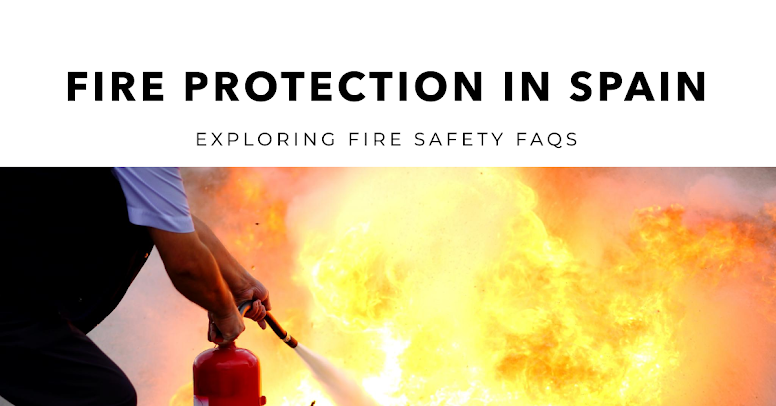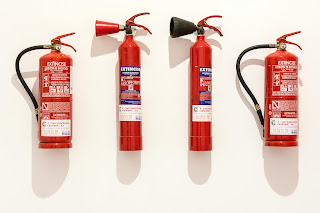How Many Fire Extinguishers Does Your Business Need in Spain?
Understanding the intricate maze of fire safety regulations in Spain is paramount for every business owner. One of the most crucial aspects is determining the appropriate number of fire extinguishers required to safeguard your establishment and its occupants effectively.
Navigating Spanish Fire Safety Standards
In Spain, fire safety regulations are governed by various laws and codes, each with its own set of guidelines and requirements. One of the primary regulations dictating fire safety standards is the Fire Protection Installations Regulation (RIPCI). This regulation stipulates that fire extinguishers must be strategically located, easily accessible, and visible within the premises. They should be situated near areas with a higher risk of fire initiation and close to evacuation routes for swift access during emergencies, and it specifies that "its distribution shall be such that the maximum horizontal distance,
from any point in the fire sector considered as the evacuation origin,
to the extinguisher, does not exceed 15m."
Deciphering the Technical Building Code (CTE DB-SI 4)
The Technical Building Code's Document Basic Fire Safety (CTE DB-SI 4) provides further clarity on fire extinguisher placement and quantity. According to this code, every 15 meters of travel distance within the building should be equipped with a portable extinguisher rated at 21A-113B, as well as high-risk zones within the building. Moreover, this requirement extends to each floor of the establishment. However, exceptions and additional criteria apply to specialized environments such as hospitals and commercial buildings, where high-risk zones necessitate specific extinguisher placements.
Tailoring Regulations for Industrial Settings
For industrial facilities, the Fire Safety Regulation for Industrial Establishments (RSCIEI) outlines meticulous criteria for determining the number and distribution of fire extinguishers. Factors such as fire risk sectors, fire class, and fire load play a pivotal role in dictating extinguisher requirements. Compliance with RSCIEI ensures that industrial establishments are adequately equipped to combat potential fire hazards effectively.
Adhering to Specialized Regulations and Local Laws
Beyond general fire safety regulations, certain installations, including thermal facilities, petroleum installations, and transportation vehicles, are subject to specialized fire safety standards. Additionally, businesses must adhere to regional and municipal laws that may impose specific extinguisher requirements tailored to local fire safety needs.
Ensuring Compliance and Safety
Navigating the labyrinth of fire safety regulations in Spain requires meticulous attention to detail and a thorough understanding of regulatory nuances. By adhering to these regulations and consulting with fire safety experts or regulatory authorities, businesses can ensure compliance and enhance the safety and well-being of their premises and occupants.



Comments
Post a Comment